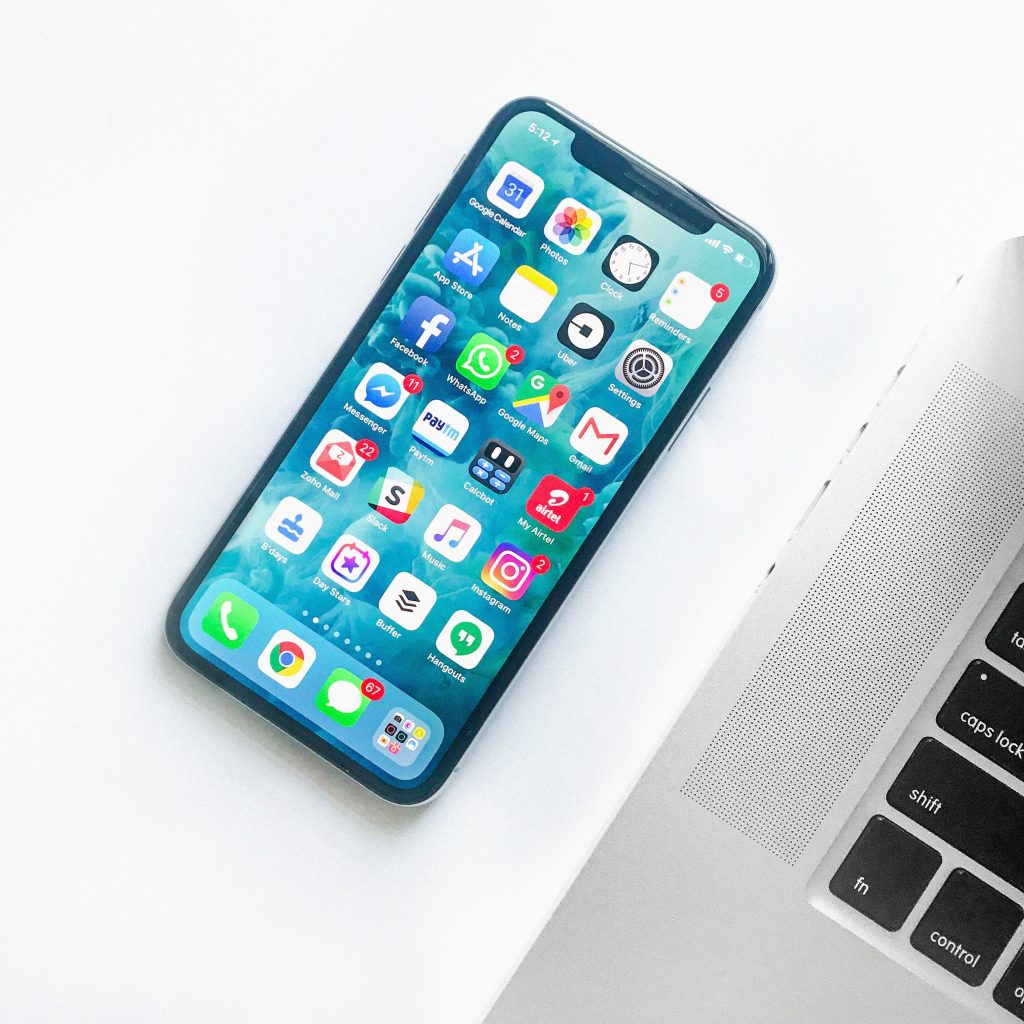
Imagine your refrigerator placing orders when you run out of groceries?
How about locating empty spaces in parking lots?
Monitoring crops on your farm from home in real time?
Awesome right.
No this isn’t something for movies. It’s real and it’s here. Welcome to the world of the Internet of Things (IoT).
The Internet of Things (IoT) is one of the most exciting technological developments in the world and a key enabler in the development of the next generation or 5G cellular systems. The IoT is a computing concept where all things (embedded with sensors, actuators and RFID tags), including every physical object, can be connected, making those objects intelligent, and capable of interacting with humans. The network of interconnected things is made possible via the internet, as well as by Wi-Fi, tablets, smartphones, and apps. For instance, Samsung’s Family Hub 2.0 refrigerators powered by IoT can compile a shopping list, read out your schedule and even play music through the integrated AKG speakers.
Gartner Incorporation, a world leading expert in the information technology industry, projects that there will be 25 billion IoT devices in the market by 2020. As at 2016, it was reported that there are 17.6 billion connected devices in the world and these figures are expected to increase up to 75 billion in 2025. Similarly, the global IoT market is projected to grow from $2.99 trillion in 2014 to $11.35 trillion in 2025.
Asides telling you when you’re low on groceries, you can use IoT in your business. Here are some business use examples of IoT platforms.
Waste Management: Bigbelly – founded in 2003 by two college students. The company manufactures solar-powered devices that, on the surface, look like regular garbage cans. But inside rests a sophisticated trash compactor with sensors that monitor how full the cans are and sends notifications to the appropriate officials through the cloud when the cans need to be emptied. This enhances efficiency and reduces cost because trash collectors can adjust their routes to avoid cans that do not need to be emptied.
Industrial IoT:
Telit – This Company developed IoT solutions for industrial applications such as process monitoring and agriculture. They have successfully used IoT application to improve the quality of agricultural produce by collecting
Smart Security:
Companies like August have created a smart lock system so anyone can “give access, not keys” and control and monitor a door from anywhere. Furthermore, the Smart Lock can tell if the door has been left open and users can opt for the package that includes a doorbell camera to see who is at the door before opening. Alternatively, small businesses can invest in connected cameras to monitor security footage in various places around a company location. Instead of having to hire a full-time security guard, these IoT options ensure a safer surrounding.
Fleet Management and Surveillance Monitoring:
Using sensors and smart tags, anyone with access can track the transportation and delivery of parcels in real time from anywhere in the world. For instance, Koncar delivered an IoT connectivity solution to provide digital oilfield capabilities to the Shell Nigeria pipeline facility. The Digital Oilfield (DOF) solution provides pipeline surveillance and wellhead monitoring capabilities to remote infrastructure in the Niger Delta using robotic sensors known as “smart pigs”. Depending on the model, smart pigs detect cracks and weld defects through magnetic flux leakage or shear wave ultrasound.
Office Space Optimization:
Sensors have been developed to help small businesses maximize their office space. These sensors can pick up activities using heat maps to monitor what areas are frequently used in an office. To protect employee’s privacy, these sensors do not have cameras. Coupled with smart thermostats and smart lighting, IoT-based offices will maximize productivity and savings. It can also be used to remotely monitor activities in the office
Schedule Management:
IoT applications such as Google Assistant, Siri or Amazon Alexa are available to help your small business grow by eliminating the need to employ an office assistant. These applications are capable of organizing your calendars, reminders, task management systems and they can control other smart devices as well, thus ensuring you have a stress-free and productive day.
From monitoring parcels in real time to keeping your fridge well stocked, IoT can make your life and business easier by reducing operational cost, increasing productivity and make data-driven decisions without your intervention. Are you excited about an IoT-driven future? Please share your thoughts with us in the comment section.
This article was written by Michael Tarerefa a PhD Candidate at the Department of Electrical Engineering, University of Cape Town, South Africa. You can reach him @tarebimike on Twitter and Instagram
. For Facebook and LinkedIn, search Michael Tarerefa.**
Photo by Tumisu on Pixabay
Photo by Rahul Chakraborty on Unsplash


Like!! Really appreciate you sharing this blog post.Really thank you! Keep writing.
you’re really a good webmaster. The website loading speed is amazing. It seems that you’re doing any unique trick. In addition, The contents are masterwork. you have done a fantastic job on this topic!